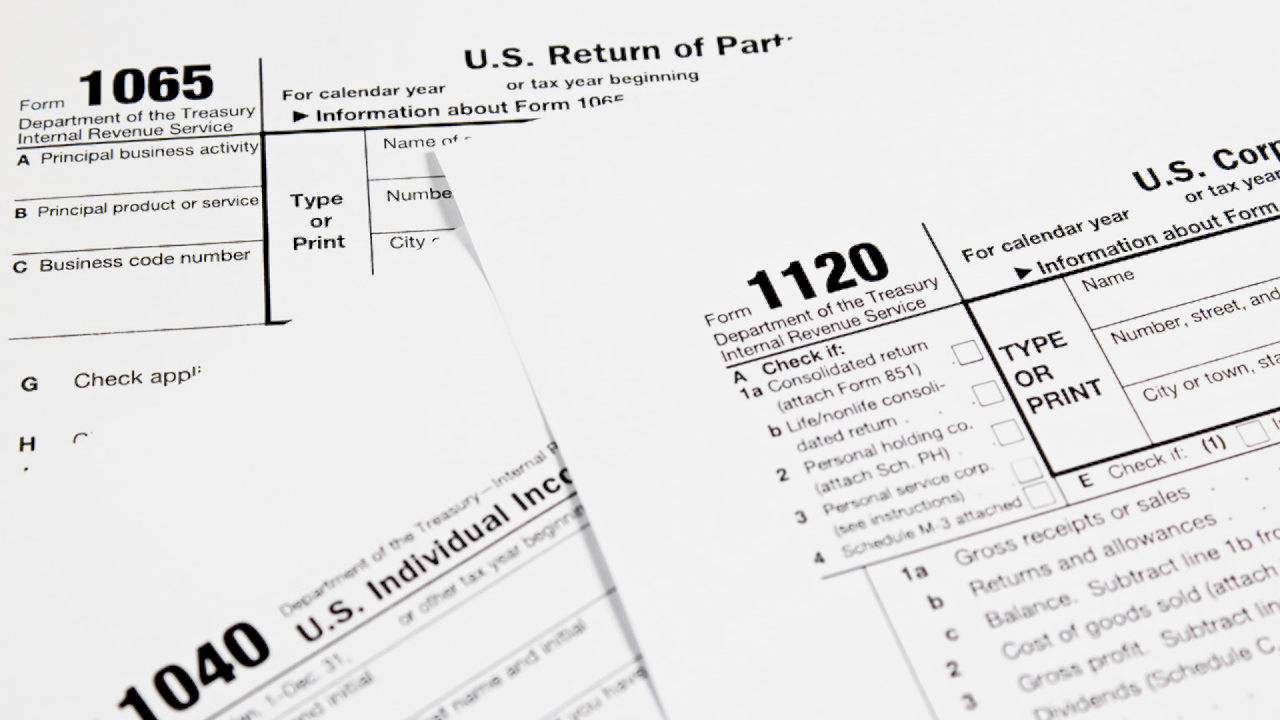The U.S. Supreme Court has issued a ruling that limits the power of the Internal Revenue Service (IRS) to impose penalties on individuals who fail to file reports disclosing foreign bank accounts. The decision overturned a $2.72 million fine imposed by the IRS on businessman Alexandru Bittner, a dual U.S.-Romanian citizen, who had argued that the maximum penalty for belatedly filing foreign bank account reports should be $50,000, pursuant to the Bank Secrecy Act.
The Bank Secrecy Act is designed to combat money laundering and tax evasion by requiring U.S. citizens and residents to file reports disclosing their foreign bank accounts. Non-willful violations of the law are subject to a maximum penalty of $10,000 per violation.
Bittner had only learned of the requirement to file the so-called FBAR reports after returning to the United States from Romania in 2011. He subsequently submitted five annual reports covering the years 2007 to 2011. The issue was whether violations are assessed based on the number of FBAR reports a taxpayer was supposed to file or the number of foreign bank accounts that they were supposed to reveal on those reports.
The Bank Secrecy Act is designed to combat money laundering and tax evasion by requiring U.S. citizens and residents to file reports disclosing their foreign bank accounts. Non-willful violations of the law are subject to a maximum penalty of $10,000 per violation.
Bittner had only learned of the requirement to file the so-called FBAR reports after returning to the United States from Romania in 2011. He subsequently submitted five annual reports covering the years 2007 to 2011. The issue was whether violations are assessed based on the number of FBAR reports a taxpayer was supposed to file or the number of foreign bank accounts that they were supposed to reveal on those reports.
The IRS contended that Bittner had violated the law 272 times, based on the number of accounts that were listed in his belated reports over the course of five years. However, Bittner said he should be penalized for just five violations, reflecting the number of reports he failed to file, disclosing as much as $16 million he had spread across more than 50 bank accounts in Romania, Switzerland, and Liechtenstein.
While the 5th U.S. Circuit Court of Appeals agreed with the government's reading of the law, conservative Justice Neil Gorsuch, writing for Tuesday's majority, said the statute never authorized per-account violations. He stated that "the BSA treats the failure to file a legally compliant report as one violation carrying a maximum penalty of $10,000, not a cascade of such penalties calculated on a per-account basis."
Justice Gorsuch further noted that, in contrast with how Congress authorized per-account penalties for some willful violations, "conspicuously, the one place in the statute where the government needs per-account language to appear is the one place it does not."
Daniel Geyser, Bittner's lawyer at Haynes and Boone, said in a statement that the ruling "correctly cabins the IRS's discretion and curbs agency overreach."
While the 5th U.S. Circuit Court of Appeals agreed with the government's reading of the law, conservative Justice Neil Gorsuch, writing for Tuesday's majority, said the statute never authorized per-account violations. He stated that "the BSA treats the failure to file a legally compliant report as one violation carrying a maximum penalty of $10,000, not a cascade of such penalties calculated on a per-account basis."
Justice Gorsuch further noted that, in contrast with how Congress authorized per-account penalties for some willful violations, "conspicuously, the one place in the statute where the government needs per-account language to appear is the one place it does not."
Daniel Geyser, Bittner's lawyer at Haynes and Boone, said in a statement that the ruling "correctly cabins the IRS's discretion and curbs agency overreach."
The dissenters came from across the court's ideological lines, with conservative Justices Amy Coney Barrett and Clarence Thomas joining with liberal Justices Sonia Sotomayor and Elena Kagan. Justice Barrett wrote that the "most natural reading of the BSA and its implementing regulations establishes that a person who fails to report multiple accounts on the prescribed reporting form violates the law multiple times, not just once."
The decision is expected to limit the ability of the IRS to assess penalties, and its implications may be significant for individuals who have been hit with similar penalties in the past.
The case is Bittner v. United States, U.S. Supreme Court, No. 21-1195.
The decision is expected to limit the ability of the IRS to assess penalties, and its implications may be significant for individuals who have been hit with similar penalties in the past.
The case is Bittner v. United States, U.S. Supreme Court, No. 21-1195.






